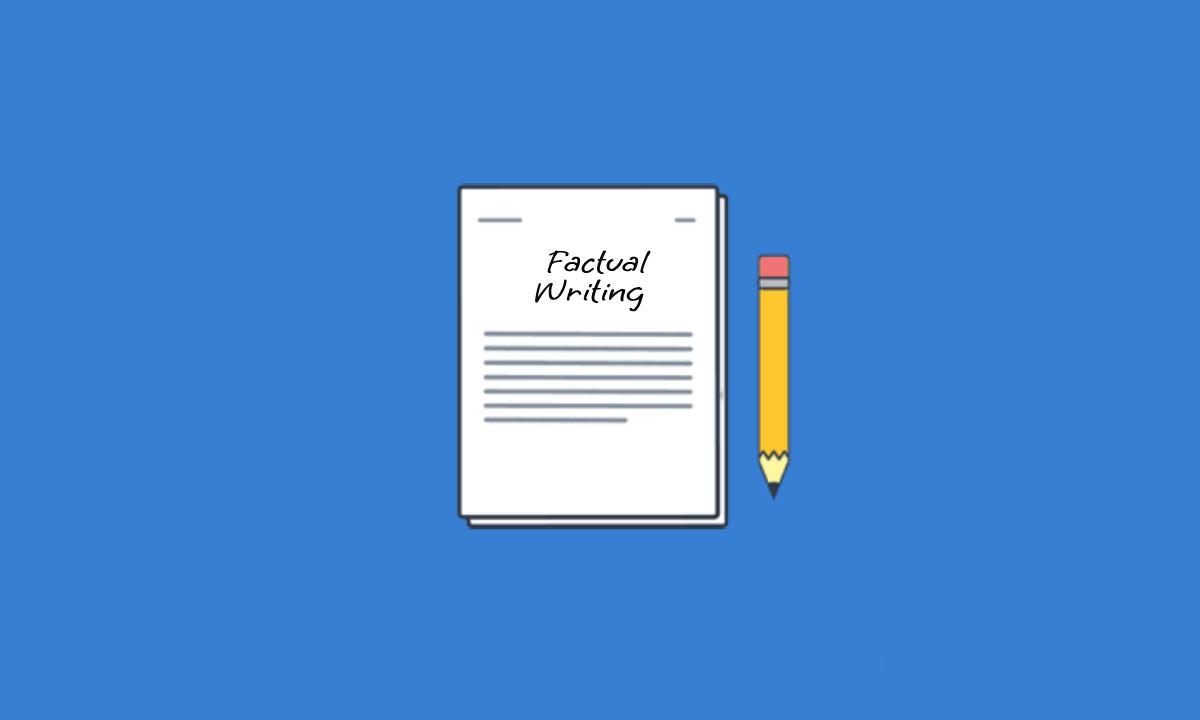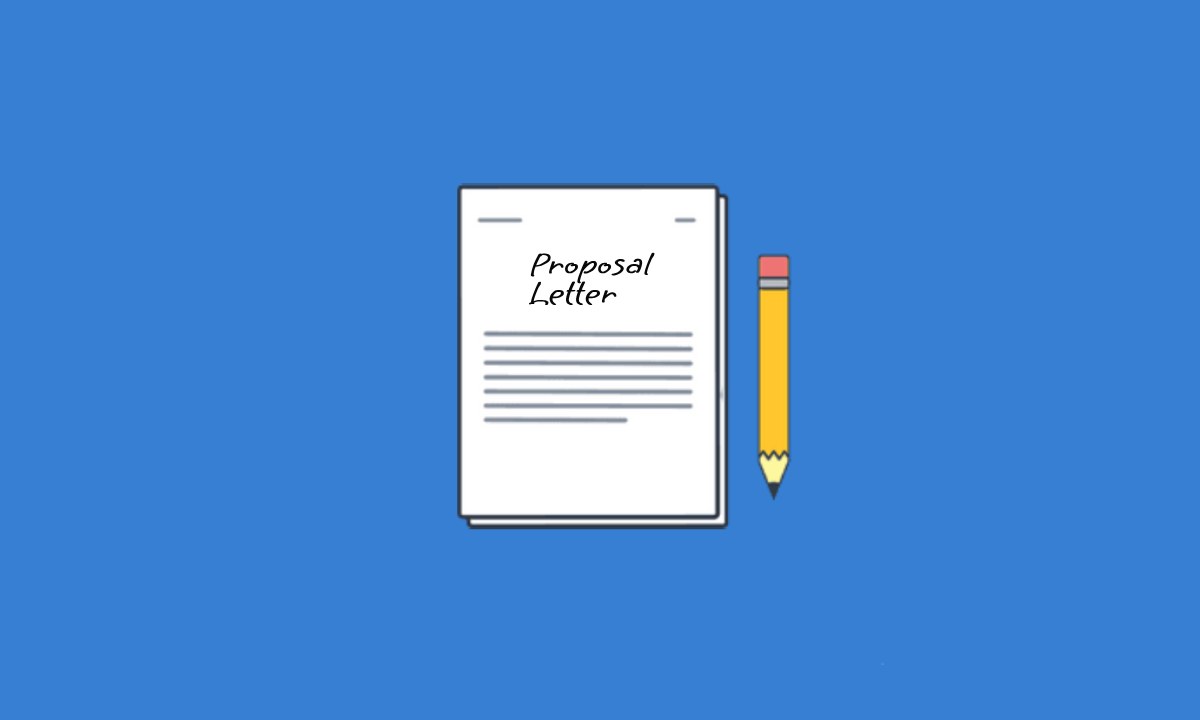What is Factual Writing?
Factual writing is a type of writing that focuses on presenting information that is accurate, objective, and based on real events, evidence, or data. Its primary goal is to inform, educate, or document, without incorporating opinions, emotions, or fictional elements. Factual writing is typically straightforward and relies on verified sources.
Factual Writing Types:
Factual writing can be categorized into several types based on its purpose and audience. Here are some common types:
1. Reports
Reports are a form of factual writing that presents findings, data, or information in an organized and structured format. They are commonly used in news, science, and business contexts, where accuracy and clarity are critical. Typically, reports include headings and subheadings to organize content and often incorporate data-backed content to provide evidence for the information presented.
2. Essays
Factual essays, such as academic or expository essays, focus on explaining or exploring a topic based on evidence. These essays are structured to present logical arguments supported by verifiable facts and are written in a formal tone to maintain objectivity and credibility.
3. Biographies and Autobiographies
Biographies and autobiographies are forms of factual writing that document real-life events and experiences. These narratives often follow a chronological structure, detailing the significant moments in a person’s life with verified and accurate details to provide an authentic account.
4. Articles
Articles in newspapers or magazines aim to inform or explain topics of public interest. They are concise and rely heavily on factual details to ensure accuracy. Articles often include visuals or supplementary materials to enhance the reader’s understanding of the topic.
5. Instructional Writing
Instructional writing, such as manuals, how-to guides, or recipes, provides clear and precise steps for completing tasks. This type of factual writing is sequential and uses unambiguous language to ensure that readers can easily follow the instructions.
6. Reviews
Reviews are factual evaluations of books, products, or services based on real experiences or observable features. While they may include subjective commentary, the core of a review remains rooted in factual observations and evidence to inform the audience accurately.
7. Legal or Official Documents
Legal and official documents, including contracts and policies, are formal and precise forms of factual writing. These texts use exact language and focus strictly on facts to ensure clarity and enforceability, making them essential for maintaining transparency and accountability.
8. Technical Writing
Technical writing explains processes or concepts in specialized fields such as engineering or software development. This type of writing often includes diagrams, specific terminology, and clear language to ensure that complex information is accessible and understandable to its intended audience.
9. Travel Writing
Travel writing, such as guides or itineraries, focuses on delivering accurate descriptions of destinations, cultural practices, and logistical information. It combines factual accounts with practical tips to help readers plan their travel effectively.
10. Explanatory or Informative Texts
Explanatory or informative texts, such as encyclopedias, textbooks, and FAQs, aim to provide comprehensive and well-researched explanations of topics. These texts are structured to enhance understanding, offering reliable and factual content for educational or reference purposes.
How to Write a Factual Paragraph?
Writing a factual paragraph or piece of writing involves presenting accurate, reliable, and objective information in a clear and structured manner. Here’s a step-by-step guide to creating effective factual writing:
1. Understand Your Purpose and Audience
Before writing, identify the purpose of your content and your target audience. Whether you’re writing a report, an article, or a guide, your tone, structure, and level of detail should align with the audience’s needs.
2. Research Thoroughly
Gather information from credible and reliable sources such as books, research papers, official websites, or verified news outlets. Ensure the data or evidence you use is up-to-date and accurate.
3. Plan Your Structure
Organize your ideas logically. Use an outline to structure your writing, with a clear introduction, body, and conclusion. Divide complex topics into smaller sections for clarity, using headings or subheadings if necessary.
4. Use Clear and Concise Language
Write in a straightforward manner, avoiding unnecessary jargon or complex language. Ensure sentences are concise and to the point to maintain clarity.
5. Stick to Facts
Avoid opinions, assumptions, or exaggerated statements. Focus only on verifiable information. If presenting statistics or data, cite your sources to enhance credibility.
6. Provide Examples and Evidence
Use real-world examples, statistics, or case studies to support your points. This not only strengthens your argument but also makes your writing more engaging and trustworthy.
7. Maintain Objectivity
Avoid emotional language or personal bias. Present information in an unbiased manner, allowing the reader to form their own opinions based on the facts provided.
8. Edit and Proofread
After writing, review your content for errors in grammar, spelling, and punctuation. Double-check the accuracy of your facts and ensure the flow of information is logical and cohesive.
Factual Paragraph Example:
The Amazon rainforest, often referred to as the ‘lungs of the Earth,’ covers approximately 5.5 million square kilometers across nine countries in South America. It is home to an estimated 10% of the world’s known species, including over 2.5 million insect species, tens of thousands of plants, and more than 2,000 birds and mammals. The rainforest plays a critical role in regulating global oxygen and carbon dioxide levels, absorbing large amounts of CO2 and producing oxygen. However, deforestation rates have increased in recent decades, with an estimated 10,000 square kilometers being lost annually due to logging, agriculture, and urban expansion.
Factual Writing Topics:
Below are several factual writing topics across different categories to inspire your writing:
1. Science and Technology
- The role of artificial intelligence in healthcare
- How climate change impacts biodiversity
- The process of photosynthesis explained
- The history and evolution of the internet
- Space exploration: Achievements and challenges
2. Environment
- The importance of renewable energy sources
- Effects of deforestation on the ecosystem
- Water conservation methods and their impact
- Endangered species and their protection strategies
- The impact of plastic pollution on marine life
3. History
- Key events of World War II
- The industrial revolution and its effects on society
- The civil rights movement in the United States
- Ancient Egyptian civilization: Achievements and contributions
- The history of the Olympic Games
4. Geography
- Major rivers of the world and their significance
- Natural disasters: Causes and preparedness
- The Great Barrier Reef: A natural wonder
- Economic importance of the Amazon Rainforest
- Mountain ranges and their ecological importance
5. Health and Medicine
- Benefits of regular exercise on mental health
- The importance of vaccination in preventing diseases
- Understanding diabetes: Causes, symptoms, and treatment
- How smoking affects the human body
- The role of nutrition in overall well-being
6. Education
- Benefits of e-learning in modern education
- The impact of extracurricular activities on student development
- The importance of literacy in developing nations
- STEM education and its role in the future workforce
- The evolution of educational systems over time
7. Social Issues
- The causes and consequences of homelessness
- Gender equality in the workplace
- The impact of social media on mental health
- Addressing poverty through sustainable solutions
- The rise of cyberbullying and how to prevent it
8. Economics
- The effects of inflation on daily life
- How international trade benefits global economies
- The role of small businesses in economic growth
- Cryptocurrency: Advantages and challenges
- The impact of tourism on local economies
9. Culture and Lifestyle
- Traditional festivals and their cultural significance
- The influence of technology on modern communication
- Exploring global cuisine: Popular dishes from around the world
- Minimalism as a lifestyle choice
- The role of art and music in shaping society
10. Sports
- The history of the FIFA World Cup
- How technology is transforming sports performance
- The benefits of sports for physical and mental health
- Olympic athletes: Stories of determination and success
- The rise of eSports in the gaming industry
These topics can be explored objectively and supported with research, making them ideal for factual writing.



